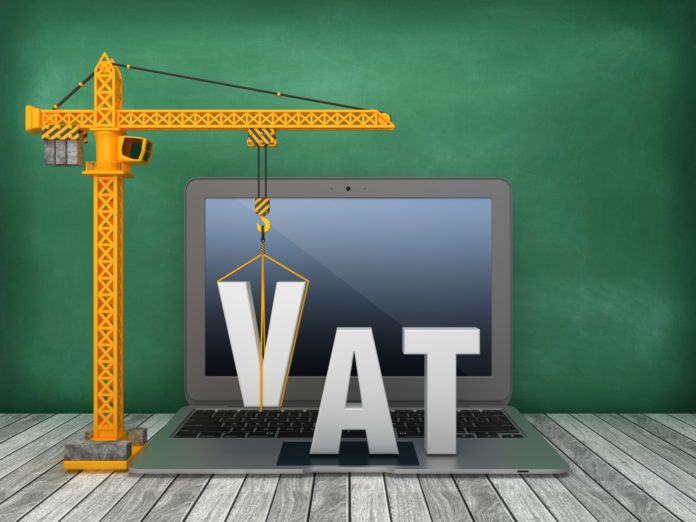The Federation of Master Builders (FMB) believes the government should scrap the new tax policy ‘reverse charge VAT’ to show they are listening to builders and protecting jobs.
New data from the FMB has found that 66% of builders either anticipate that the policy, which is due to come in to force on 1 March, will have a ‘moderate or significant’ impact on their firm’s cashflow, are still unclear on the details of the complicated policy or have never even heard of it.
The reverse charge moves the responsibility for reporting a VAT transaction from the seller to the buyer of goods or services. The buyer then reports both their purchases (input VAT) and the supplier’s sale (output VAT) in their VAT return.
The change in policy is designed to remove the scope for fraudsters to steal the VAT due to HMRC, and follows similar measures introduced in other industries.
Subcontractors will no longer get VAT payments from customers for services where the reverse charge applies, and will no longer be responsible for paying it to the HMRC in a VAT return.
When asked what the impact of reverse charge VAT will be on cashflow, builders said:
• Moderate or significant impact – 37%
• Minor or no impact – 34%
• I don’t know what the impact will be – 23%
• I don’t know what reverse charge VAT is – 6%.
Industry concerns
Commenting on the findings, Brian Berry, chief executive of the FMB, said: “Reverse charge VAT is a damaging policy being introduced at the worst possible time for builders. By removing the flow of VAT money between businesses in the construction supply chain, four in 10 builders say this will have a ‘significant or moderate’ impact on their cashflow. The construction industry stands ready to tackle tax fraud, but reverse charge VAT harms all builders for the actions of a minority of unscrupulous firms.”
He concluded: “Reverse charge VAT is such a complicated policy, that it takes time to prepare for. Time being a luxury most builders have not had over the past year, as demonstrated by the 29% of my members who are either unaware of the policy or usure of its impact. The government is placing a strong emphasis on keeping construction sites open and protecting jobs. If the industry is to continue supporting recovery, the government must listen to builders and scrap reverse charge VAT.”
Deepak Singh Udassi, director of City Lofts London, added: “It is important to tackle fraud in the construction supply chain. Due to the little to no regulation in the industry, rogue traders can operate freely, to the detriment of consumers and reputable businesses like mine and other FMB members.
“However, reverse charge VAT is not the solution. A mandatory licensing scheme for UK construction businesses would tackle the root cause of this problem by introducing a minimum barrier to entry. Licensing would also drive-up standards, professionalism and the reputation of the industry, which is clearly not well regarded across Whitehall as demonstrated by this punitive policy.”




